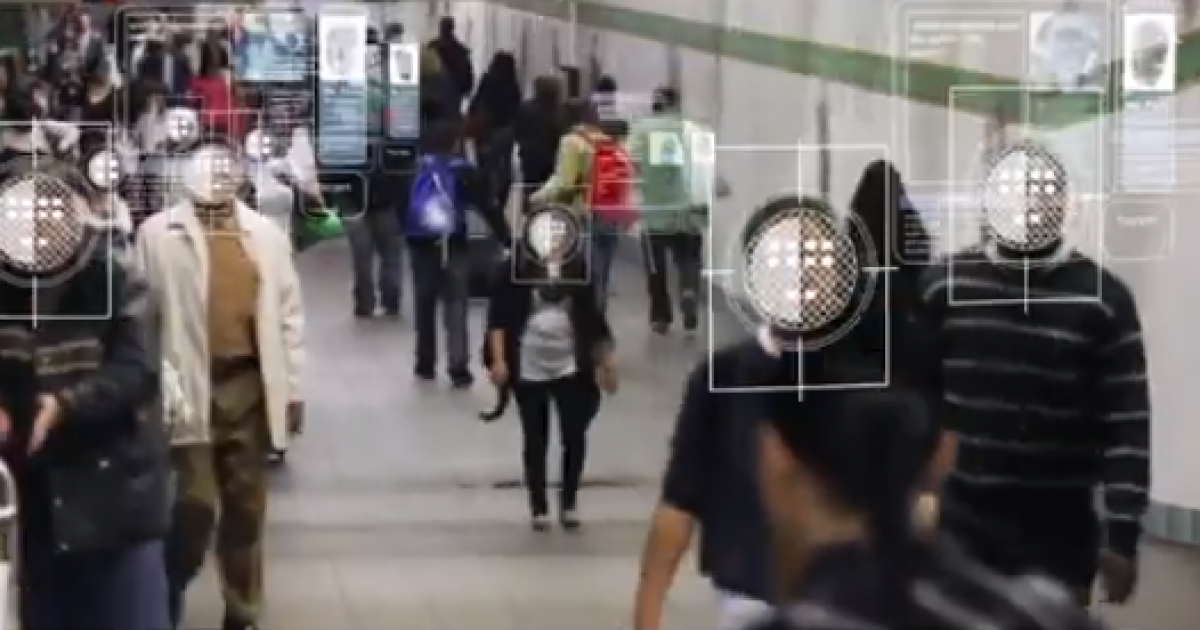
Non-profit organizations have started a cause to ban facial recognition technology that poses an existential threat to privacy rights on college campuses nationwide.
Groups such as Restore the Fourth and the National Lawyers Guild have combined efforts to launch BanFacialRecognition.com because they assert that “facial recognition surveillance technology is unreliable, biased, and a threat to basic rights and safety.”
“Like nuclear or biological weapons, facial recognition poses a threat to human society and basic liberty that far outweighs any potential benefits. Silicon Valley lobbyists are disingenuously calling for light “regulation” of facial recognition so they can continue to profit by rapidly spreading this surveillance dragnet. They’re trying to avoid the real debate: whether technology this dangerous should even exist. Industry-friendly and government-friendly oversight will not fix the dangers inherent in law enforcement’s use of facial recognition: we need an all-out ban,” the campaign argues.
They are opposing tech firms such as Ellucian and FaceFirst that are already providing biometric surveillance services to college campuses across the country.
“Facial recognition systems are a great alternative to plastic cards, password systems, attendance registers, and manual processes, and the technology represents an upgrade to secure systems access from mobile devices,” explained Raja Saravanan, head of software architecture at Ellucian, while giving his pitch to colleges.
Saravanan noted that facial recognition technology can be programmed to punish truant students while also monitoring students’ nonverbal reactions while in class to micromanage their performance during lectures. He uses totalitarian China as the model that he hopes to bring to the United States.
“Recently, one of the top universities in China, Beijing Normal University, implemented a facial recognition system to prevent intruders entering student dorms,” Saravanan said.
He encourages subterfuge in order to “foster a culture of trust around facial tracking.” He believes that facial recognition technology should be implemented slowly otherwise “students and faculty may want the ability to opt out.”
“It’s important to design an experience that doesn’t convey a culture of surveillance,” Saravanan added.
The anti-prohibition group Students for Sensible Drug Policy opposes Saravanan’s Orwellian push because they fear what would happen if a facial recognition database were to be jeopardized by hostile actors.
Erica Darragh, who serves as a board member at Students for Sensible Drug Policy, said that “if a university’s facial recognition system gets hacked, students can’t just change our faces and our lives like a credit card number.” Civil libertarian and leftist groups are expected to come together to lobby universities to implement this ban.
The campaign has created a scorecard for nearly 100 universities based upon whether or not they use facial recognition technology on their campuses. That scorecard can be accessed here.



